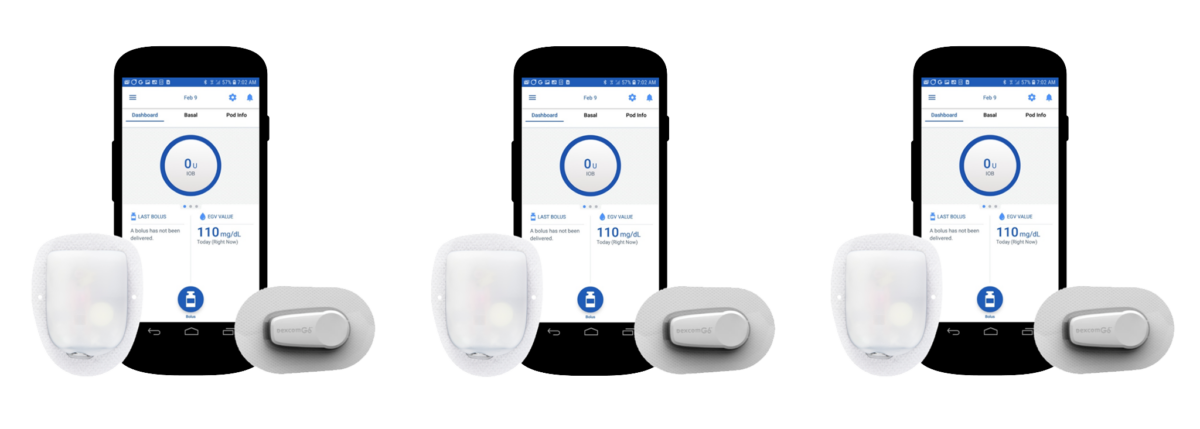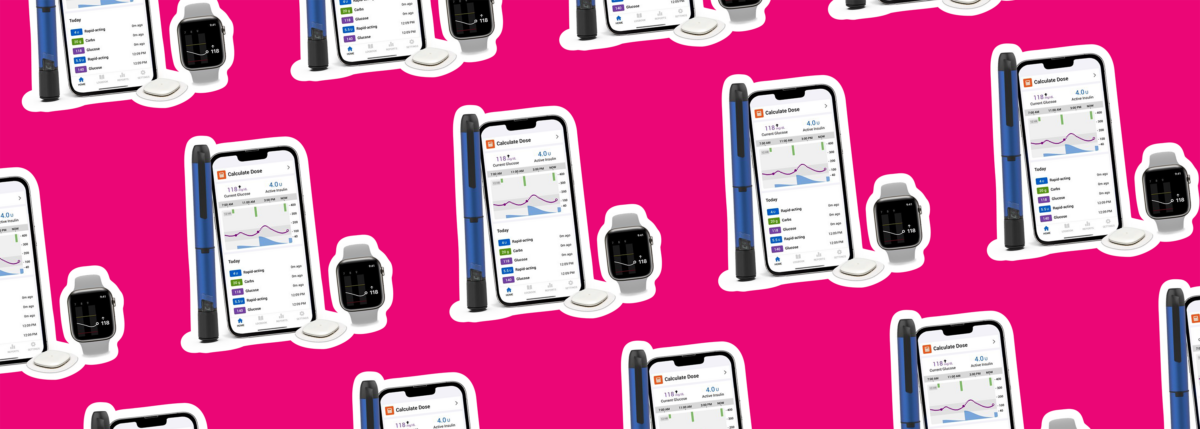Study Links COVID-19 to Increased Rates of DKA at Diagnosis in Children
Written by: Lala Jackson
2 minute read
July 24, 2020
In a study of 532 children and teens in Germany from March to May 2020, data showed that diabetic ketoacidosis (DKA) rates at diagnosis have increased amidst the COVID-19 pandemic. The study, published in the Journal of the American Medical Association (JAMA), showed that nearly half (44.7 percent) of minors had DKA at diagnosis, while nearly a fifth (19.7 percent) had severe DKA. This is significantly higher than rates seen in Germany over the previous two years, when just about one quarter (24.5 percent in 2019, 24.1 percent in 2018) of minors had DKA at diagnosis.
As the study authors note, the higher rate of DKA at diagnosis is most likely due to a delay in seeking medical care, due to the complexities of life during COVID-19. Across the globe, we’ve seen that even if people have access to medical care, which has been made complex due to facility closures, overtaxed hospital systems and lack of healthcare coverage, many people are understandably hesitant to leave their homes and seek out medical care amidst a pandemic.
It is important to note that this study, done in Germany, is likely to be reflective of global trends, but also likely does not capture the severity of the issue in places like the United States, where more than 5 million Americans have lost their healthcare coverage due to unemployment. With healthcare in the US so inextricably tied to employment status, many who have lost their healthcare may be less likely to seek medical care for themselves or their family members because of the potential of being hit with large medical bills.
Germany—where this study took place—is also home to the Fr1da study, where 90 thousand children were screened for type 1 diabetes autoantibodies in an effort to provide ongoing screening and prevent DKA at the time of diagnosis. In the case of a type 1 diabetes diagnosis, any delay in care—whether due to worry over cost, worry over exposure to COVID-19, lack of access to open medical facilities, or misdiagnosis—can be fatal. Early diagnosis of type 1 diabetes, before DKA sets in, is vital to better health outcomes.
Early warning signs of type 1 diabetes include: excessive thirst, frequent urination, unexplained weight loss and exhaustion. Seek immediate medical care if you or someone you love is experiencing these symptoms. Share this graphic to help raise awareness.
To learn more about the warning signs of type 1 diabetes and DKA and help spread the word to save lives, check out our DKA Campaign.

Author
Lala Jackson
Lala is a communications strategist who has lived with Type 1 diabetes since 1997. She worked across med-tech, business incubation, library tech, and wellness before landing in the T1D non-profit space in 2016. A bit of a nomad, she grew up primarily bouncing between Hawaii and Washington state and graduated from the University of Miami. You can usually find her reading, preferably on a beach.
Related Resources

Already compatible with Dexcom’s G6 and G7 continuous glucose monitors (CGMs), the Omnipod 5 Automated...
Read more

The younger a person is diagnosed with type 2 diabetes, especially those with obesity, the...
Read more

The Oura Ring, which tracks things like sleep, heart rate, and activity, is joining forces...
Read more

